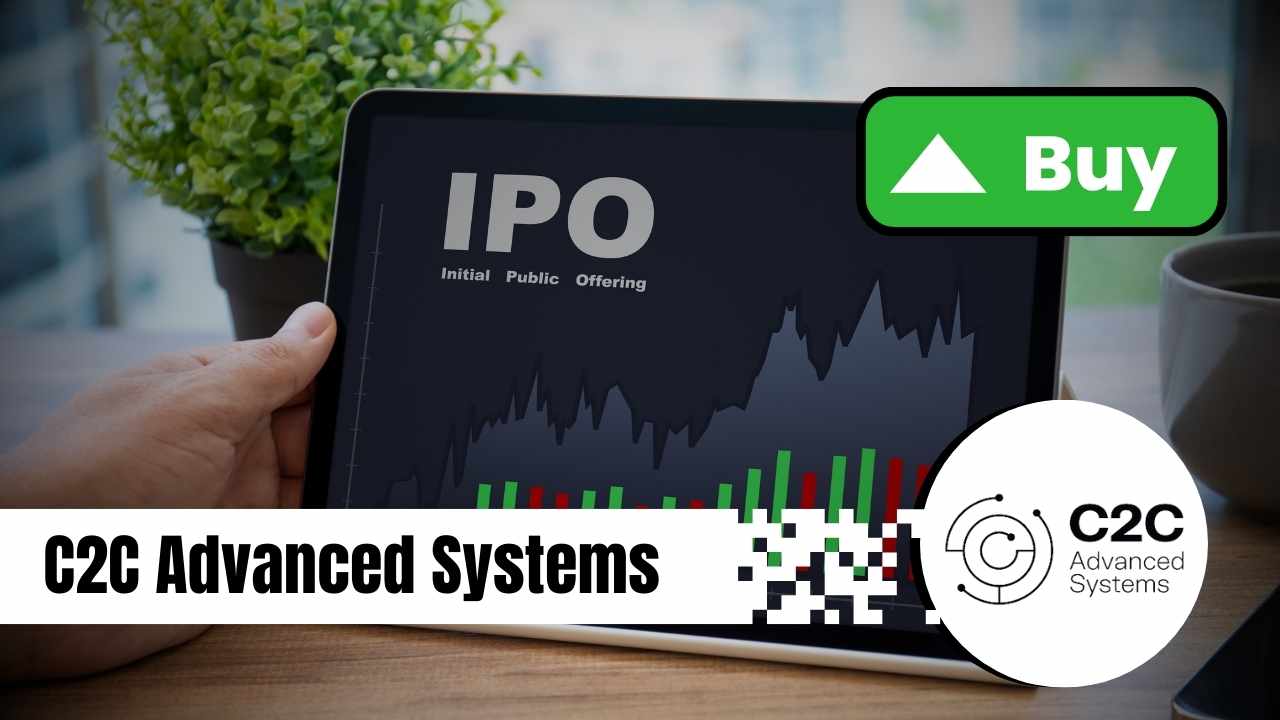Recent Pullback in Indian Equity Markets
The Indian equity markets have recently experienced a notable pullback following an impressive record-breaking rally. According to analysts at Kotak Institutional Equities, investors appear to be dismissing concerns regarding high valuations in the stock market. Their analysis indicates that the pursuit of returns is currently outweighing the apprehension of risks, both visible and hidden.
Concentration of Risk Factors
In their evaluation, Kotak pointed out that institutional investors are focusing on identifying potential risk factors. However, they have intriguingly overlooked a pivotal aspect: the significant disparity between current stock prices and their fair values across the market. This oversight raises concerns about the sustainability of the market rally.
Greed Versus Fear
Kotak’s report emphasizes that “greed for returns has overwhelmed the fear of risks,” suggesting that the allure of high returns may lead investors to ignore the underlying risks associated with inflated stock prices. The analysts warn that the high returns achieved by investors might provide little solace in the event of a market correction, in which stock prices align more closely with their fair values.
Embedded Risks of High Valuations
The prevailing sentiment in the market fails to adequately address the significant embedded risks associated with the current high valuations. Despite growing concerns about factors that could potentially disrupt the ongoing rally, investors seem to remain optimistic about the future of the Indian equity market.
Strong Inflows Indicate Greed
Kotak identified that substantial inflows into domestic equity mutual funds from retail investors, coupled with mutual funds’ investments in the markets, reflect a dominant sense of greed prevailing within the market. This trend underscores the behavioral finance principle where historical high returns have led to a heightened level of confidence, or even greed, among all types of investors.
The Impact of Investor Confidence
The report notes that this high conviction among retail investors, stemming from the strong market performance over the past few years, contributes to a level of confidence that may not be aligned with the reality of the economic landscape. With limited investment experience, many retail investors exhibit high levels of confidence, potentially leading to adverse outcomes if market conditions shift.
Future Market Corrections
Kotak expressed hope that a sufficient time gap between now and any market correction could help adjust the significant gap between current stock prices and their fair values through the process of rolling forward earnings. Timing does play a crucial role in determining the impact on investors.
Investor Outcomes During Market Cycles
The financial outcomes for investors can vary dramatically based on their entry and exit points within the market cycles. Kotak illustrated two extreme scenarios to highlight this volatility: if a company’s share price rises from ₹100 to ₹500 and then eventually corrects to ₹200, the holding investor would still see a net gain. In contrast, an investor who purchased shares at ₹500 would face a loss of ₹300, while one who sold at ₹500 would enjoy a gain of ₹400. This illustrates how critical timing is in investing.
Conclusion
As the Indian equity markets navigate these turbulent waters, it is essential for investors to remain vigilant and aware of the risks associated with high valuations. By understanding the principles of market cycles and maintaining a level-headed approach, investors can position themselves more strategically for future opportunities while mitigating potential losses.








